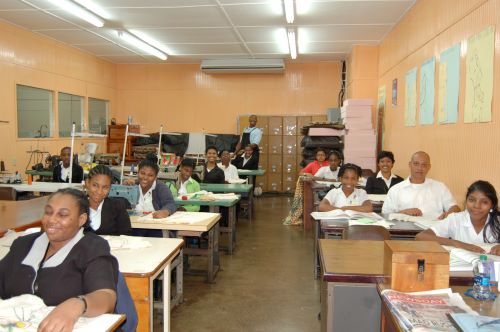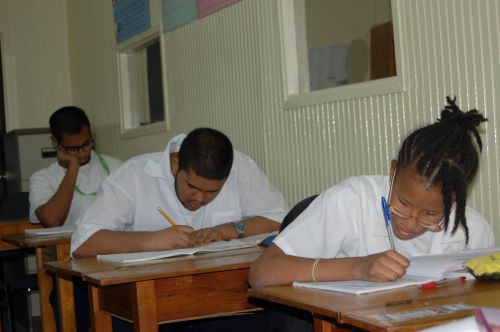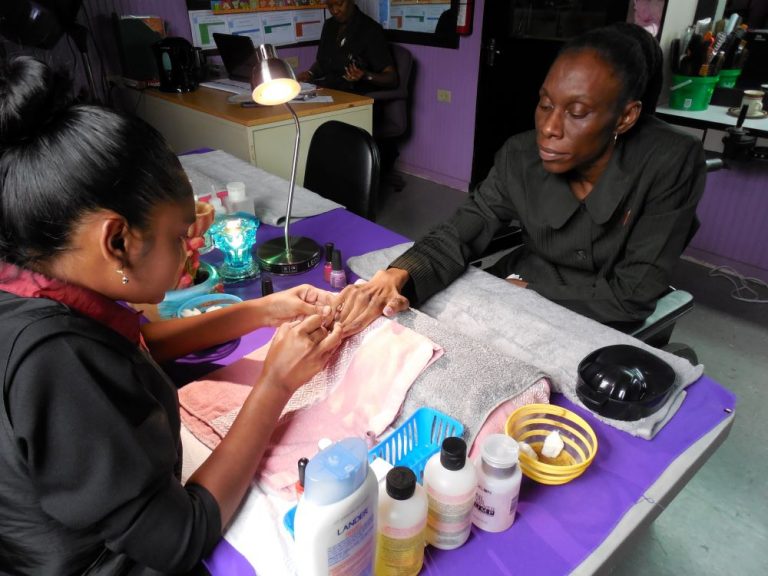- (868) 652-4880, 657-3525
- ncpdtrinidad@gmail.com
- Mon - Fri: 8:00- 16:00
- Donate

On December 5th 1964 Governor General Sir Solomon Hochoy cut the ribbon to open The Rehabilitation Centre as it was then known.
The International Labor Organization provided technical assistance and a vocational rehabilitation specialist named Norman Cooper to help set up the first work shop which was named in his honor.
Beginning with seven “rehabilitees” that were trained to repair soft drink crates. The rehabilitation centre grew far beyond expectations.


Through the prudent management of these resources, The Rehabilitation Centre expanded its programs and service offerings, developed a portfolio of entrepreneurial activities centered on the skills base of the trainees and expanded its role in local and regional advocacy for the equalization of opportunities, rights and freedoms of persons with disabilities.
In 1994, The Rehabilitation Centre was renamed to National Centre for Person with Disabilities (NCPD) to reflect its coming of age as a national organization reaching out to persons with all types of disabilities whether physical or developmental.


On June 25th 2015 NCPD was pleased to note that the government of Trinidad and Tobago had ratified the United Nation Convention on the Rights of Persons with Disabilities. The Centre’s work in advocacy was instrumental in the development of national policies on disability in seven countries in the English-speaking Caribbean.
NCPD is governed by a voluntary Board which is involved in policy formation and fundraising. The institution operates under the direction of a Chief Executive Officer supported by a staff of professionals and a cadre of volunteers. The Centre is funded by an annual subvention from the State, donations, corporate sponsorships and fundraising activities.

Every year some 50 trainees enter through its gates for full-time or part-time instruction and there is usually a waiting list of another 50 or 60 the minimum entrance age is fourteen (14) but NCPD also has clients who are in their forties (40).
After 60 years of service NCPD still has one more dream that remains unfulfilled the dream of an inclusive Trinidad and Tobago where no child with a disability would be turned away from school where every person with a disability would be able to pursue a career where every person with a disability would be treated with respect and be recognized as a unique and valuable contributor to the building of our nation.